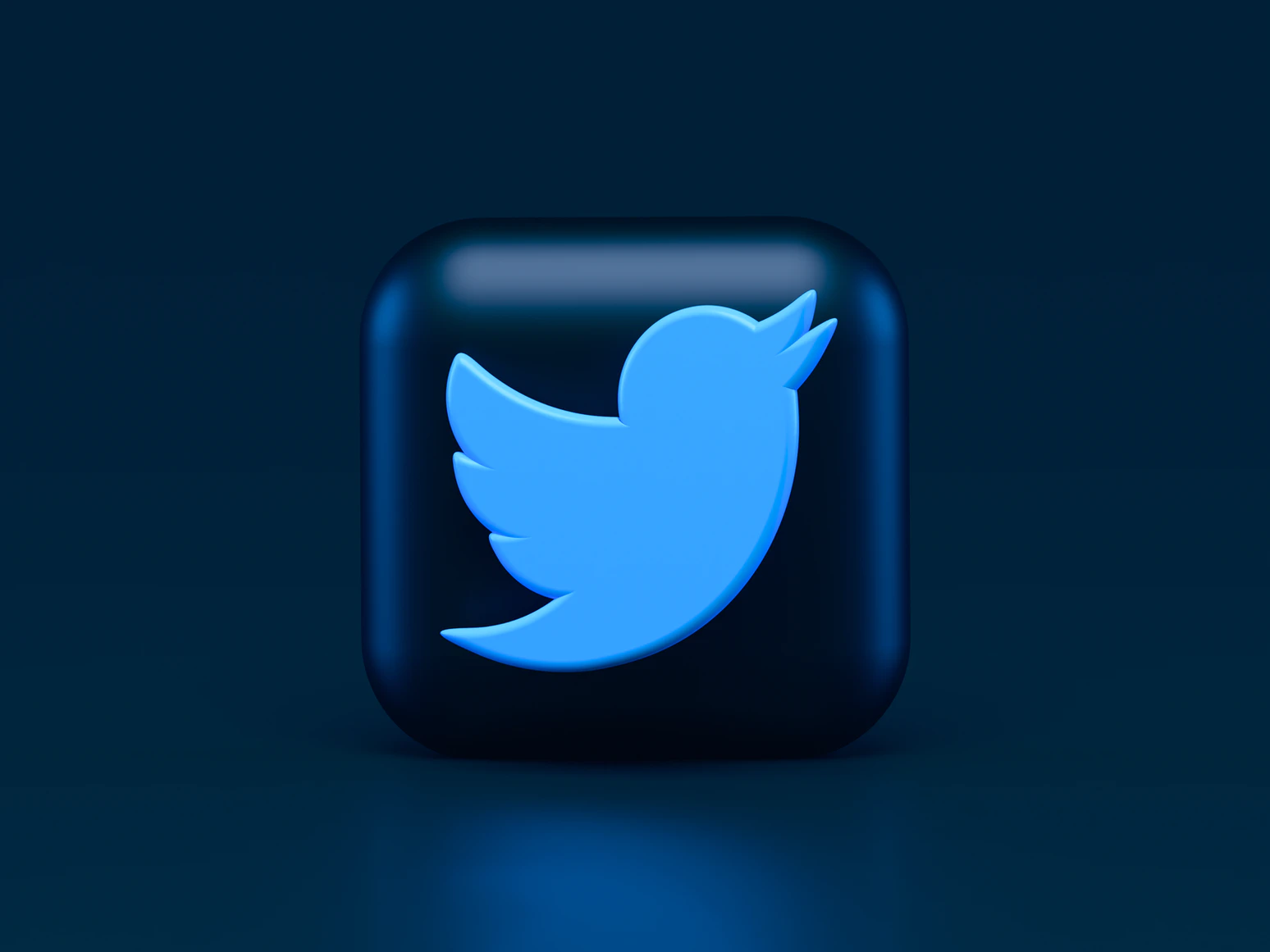Free speech is a core value for many citizens of the United States. The first amendment ensures every citizen’s constitutional rights, protecting freedom of speech, religion, peaceable assembly and the press, as well as the right to petition. However, as harsh political polarization has ravaged the nation, tension continues to grow, especially regarding these first amendment protections.
Discussions about online censorship began after the banning of former President Donald Trump’s Twitter account. As a result of the banning, about 69% of Republicans believe that big tech unfairly censors conservative content online while liberal content is not censored nearly as much, Pew Research reports.
Elon Musk tweeted that “free speech is essential to a functioning democracy.” He then polled his followers, asking if they believed Twitter held to the value of free speech. An overwhelming 70% said no. If Americans no longer believe powerful companies like Twitter respect freedom of speech, that is an area of concern for those who use social media platforms run by big technology companies.
STORY CENSORSHIP
One of the most recent examples of Big Tech’s censorship is their covering of the Hunter Biden laptop scandal. When The New York Post ran a story on the Biden laptop scandal, both Facebook and Twitter heavily censored the Post’s social media accounts while Twitter even locked the Post out of its own account for two weeks, Newsweek reports.
The Washington Post investigated Google as well and their role in the story’s censorship.
“Google appeared to take a middle-of-the-road approach in its curation of information about the story, Washington Post wrote. “A search for ‘Hunter Biden’ revealed the link to the original New York Post story, as well as links to stories and comments refuting it or questioning its provenance.”
It is concerning whenever journalism is censored. While the government holds to the first amendment, privatized companies are not held to the same standards and can get away with more regulations. However, these companies, from Twitter to Facebook to Google, shape elections, laws and the future of democracy.
WILL CENSORSHIP END?
Elon Musk’s plan to buy Twitter at $54.20 per share and evoke a complete removal of the board saves the company just under $3 million dollars annually, Reuters reports. The Epoch Times reports that Musk’s move on Twitter is “not to make money but to turn it into a bastion of free speech and reduce the ‘civilizational risk’ to freedom and democracy from excessive and opaque restrictions on expression.”
Even if Musk buys Twitter with the intention of enhancing free speech, the online organization will always have control over what people post. Big Tech companies such as Apple, Google, Amazon, Facebook and Microsoft have the power to impact the perspectives that people hear from.
Christians should be proactive in seeking jobs at these places to spread integrity and truth. It is also important that Christians implement discernment and wisdom as they navigate the social media space and internet space. Losing freedom of speech could lead to losing freedom of religion. It can impede on spreading and sharing the Gospel online—which is something to be concerned about.












